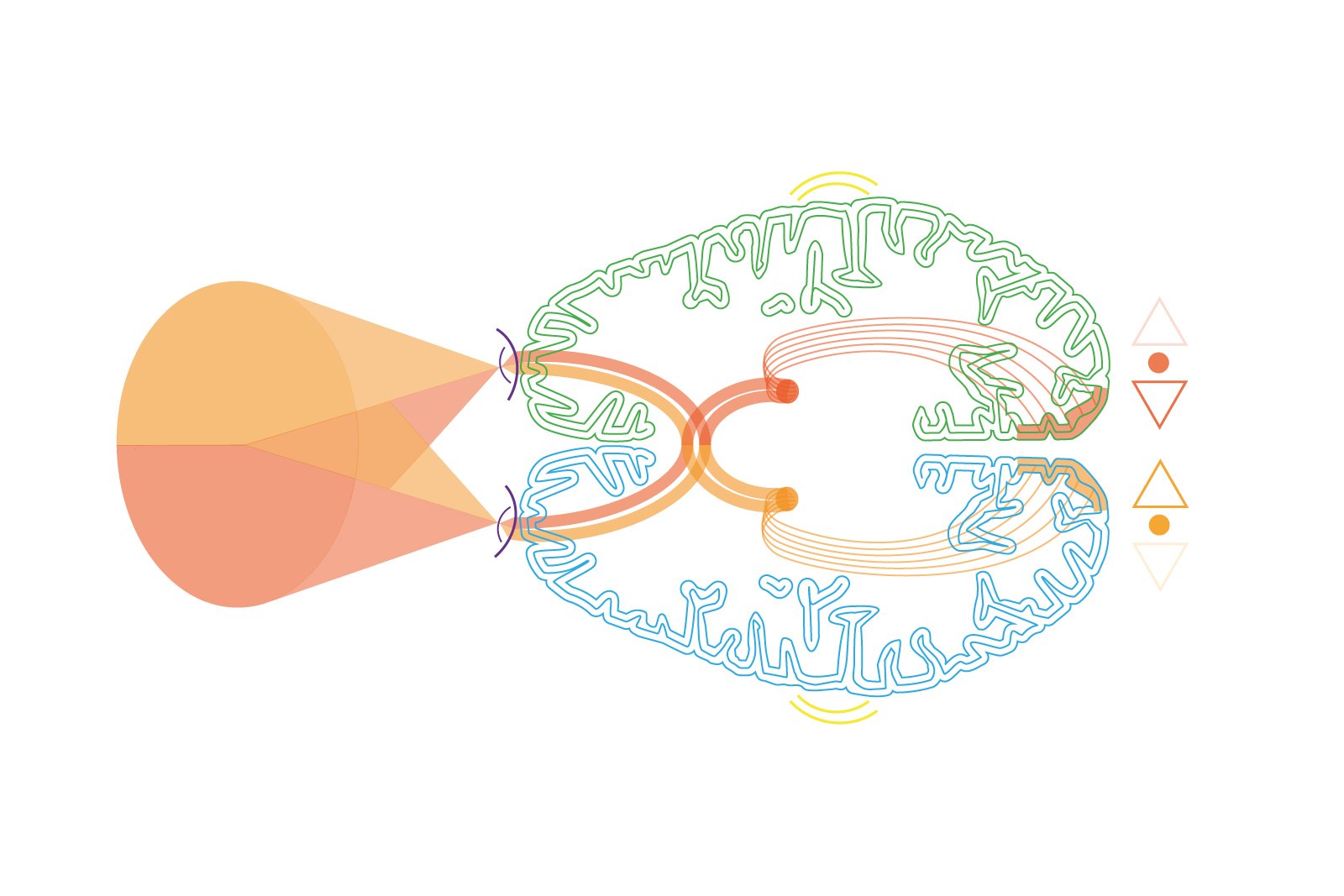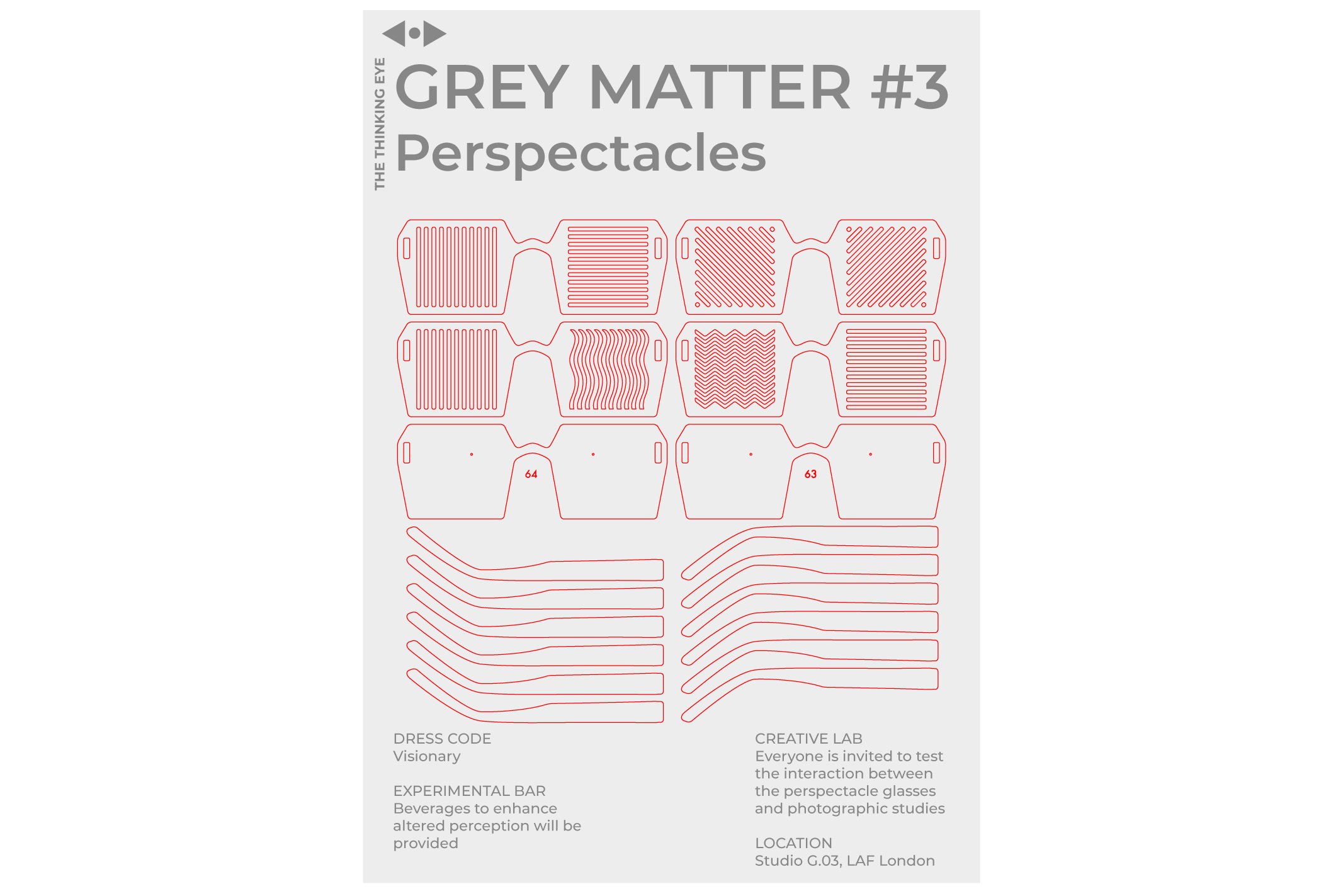digital PRODUCT DESIGN
accessible web design & assistive technology
project: PCA Tips
Academic Lead: Dr Emma Harding, UCL Dementia Research Centre
Design Lead: Dr Janneke van Leeuwen, The Thinking Eye
Timeline: November 2023 - May 2024
Project background:
PCA Tips is informed by experiences of people living with posterior cortical atrophy who have taken part in research at University College London, and who have shared their experiences at Rare Dementia Support groups. As PCA is a rare condition, many people affected by it struggle to find tailored advice and strategies to help with their specific symptoms and challenges.
Over the years, many people have asked researchers and their peers about what they have tried that has helped them. The tips shared on PCA Tips emphasise the creativity and resourcefulness of people with posterior cortical atrophy in managing with and adapting to their symptoms.
Design brief:
Advise the research team on the best name and format for this resource, the associated technological support requirements and costs, as well as the development/implementation/maintenance process.
Create a visual identity and iterative prototypes of the interface design and user journeys of a website platform for PCA Tips.
Fully develop and implement a website format for PCA Tips, with diverse user personas in mind (people living with posterior cortical atrophy, carers, clinicians/care professionals).
PROJECT: ReadClear
Academic Lead: Dr Aida Suarez Gonzalez, UCL Dementia Research Centre
Design Lead: Dr Janneke van Leeuwen, The Thinking Eye
Timeline: September 2023 - February 2024
Project background:
People with neurological visual impairment face unique reading problems. They often have difficulty tracking lines of text with their eyes, and experience a phenomenon called visual crowding, whereby text elements that appear in the peripheral vision jump around and clutter up the central vision to the extend that text consisting of (multiple) sentences becomes illegible.
ReadClear is the first digital tool specifically designed to mitigate these symptoms, and assist people who have neurological visual impairment with reading. The first version of the ReadClear app was co-created with people living with a rare visual form of dementia (posterior cortical atrophy) and its effectiveness in assisting reading was proved in a clinical trial (Suarez-Gonzalez et al., 2019).
Design brief:
To transform the product design of the ReadClear app into a digital service that is ready to go to market. To this purpose, a coherent and minimalist visual identity was created, alongside an improved user interface and user experience of the app, tailored to the specific reading needs of users with neurological impairment. It was important to take cognitive and physiological challenges that target users might have into account. For instance, people with posterior cortical atrophy (PCA) often also have motor function impairments, and they lack the needed muscular flexibility and control over their hands and fingers to interact with digital screens that have a scroll function.
Demo of the new ReadClear app design:





